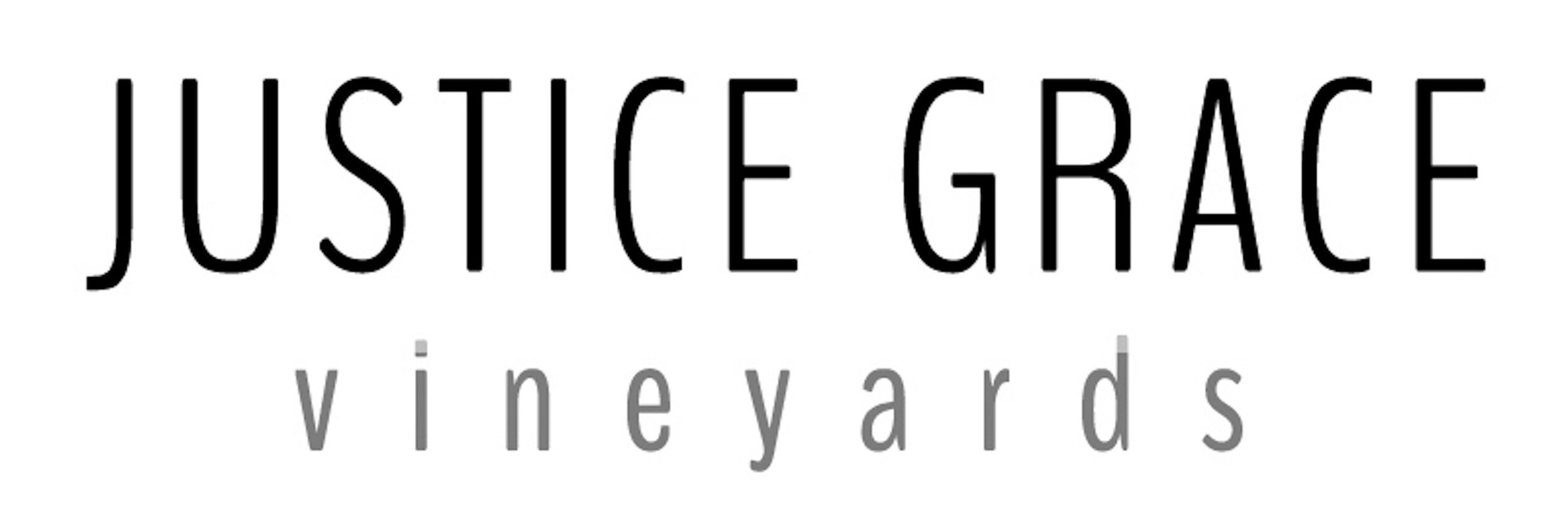Never Business as Usual: Part I
“Your paradigm is so intrinsic to your mental process that you are hardly aware of its existence, until you try to communicate with someone with a different paradigm.”
Paradigms, are a powerful thing. Shaped by all of our trusted influences-- family, friends, associates, religious organizations, schools, and the media, we are conditioned over our lifetimes to believe certain "truths", and these paradigms become the lenses through which we view ourselves and the world around us. So powerful are they that sometimes they persist despite a lifetime of unique experiences which contradict such beliefs. In other words, we don't even believe our own eyes.
Nobel winning economist Milton Friedman, once noted of Capitalism:
“The record of history is absolutely crystal clear. That there is no alternative way, so far discovered, of improving the lot of ordinary people, that can hold a candle to the productive activities that are unleashed by a free enterprise system.”
As the world increasingly turns to notions of "free-markets", privatization, global capital markets, deregulation, privately funded elections, and the "austerity" demands of the World Bank and International Monetary Fund, it certainly seems that world leaders increasingly share this rosy view.
Capitalism's paradigm:
In the 18th century, as Capitalism was taking shape, philosopher Adam Smith famously wrote of an "invisible hand" that guided self-interested individuals and shaped markets, ultimately leading to the greatest benefit to society at large.
Of the individual, he writes in “The Wealth of Nations”,
"By pursuing his own interest he frequently promotes that of the society more effectually than when he really intends to promote it.”
For more than 250 years, this notion of pursuing self-interest, both for your own benefit and ultimately for society at large, has fashioned not only economic discourse, but political as well. It is believed that a certain Darwinian-type natural selection process will occur, and that resources, in the form of labor and capital, will flow freely to those offering the greatest return on such. This, combined with a “laissez-faire” policy of little government interference in the efficient allocation of resources by informed market players, will lead to great prosperity for mankind.
Above all else (i.e. people and the planet), individuals should be free to pursue self-interest, and businesses should be free to pursue profit.
How are We Doing?
Now let's consider the human element: in particular, how are people served by, and how do they fare under this system?
With respect to the long regarded basic necessities of life (food, clothing, and shelter), despite the fact we have an abundance of all of these, structural issues of affordability and access lead to widespread and persistent supply-demand mismatches (i.e. those without).
For example, while tremendous progress has been made in alleviating world hunger, and despite producing more than enough carbohydrates to feed the world, food insecurity and malnourishment remain a daily scourge for nearly 1 billion people. Market mechanisms leading to increasing global volatility in food prices recently led Oxfam International to issue a warning that by 2030, the world may enter a period of permanent food crisis. Worldwide, the United Nations reports, incomprehensibly, that roughly one-third of all food produced for human consumption is wasted every single year. Jonathan Bloom, author of American Wasteland offers similar estimates about the US, while at the same time there has been a dramatic increase in hunger over the past 3 years; shockingly, 49 million Americans now find themselves among the food-insecure.
In housing, many of the cities and towns ravaged by massive fraud perpetrated by commercial and investment banks (Wells Fargo, Citibank, Bank of America, et al) are sitting on troves of empty housing stock-- despite widespread homelessness. Here in San Francisco, the Coalition on Homelessness reports that “According to US Census data as of 2010, there are over 36,000 housing units in San Francisco alone that are sitting vacant.” This, in a city widely viewed to have an intractable homeless problem, and a homeless population of roughly 6,500 souls.
I would also include healthcare and education among our basic necessities/ human rights. While there have been many miraculous inventions contributing to a rise in life expectancy in many parts of the world, in the US roughly 50 million people are without health insurance, and countless families have suffered indescribable indignities, and are in financial ruin, simply because someone got sick.
The mess in the public education system, at all levels, is tragic, beyond a tipping point, and still manages to grow worse every year. A permanent underclass is inevitable given the state of education in this country (ready to fill all those increasingly privatized prison cells, no doubt).
So while I would agree that under Capitalism we have made progress in providing for some of the basic necessities of life, and for improving the quality of life, Capitalism does not seem to be providing incentives for addressing issues around access, affordability or providing for the needs of the lower class (i.e. those without money). With tens of millions of Americans now food insecure, without health insurance or access to a worthy education, the "middle-class" is increasingly feeling anxiety and the detrimental effects of this systemic inadequacy as well.
But the problems of Capitalism seem to run deeper than just a supply- demand mismatch.
Values Inherent to Capitalism?:
It is a system seemingly lacking a heart and soul, and the bits of humanity that it self-servingly clings to get slowly withered away over time. It literally rewards exploitation-- of people, animals, and the Earth-- while simultaneously denigrating the nurturing or caregiving of others.
Scholar Riane Eisler, in “The Real Wealth of Nations”, writes:
“Indeed, this systemic devaluation of the activities that contribute the most to human welfare and development lies behind a kind of economic insanity. For example, the bulk of caring work is not even included in indicators of economic productivity such as GDP (gross domestic product) and GNP (gross national product).”
We know, for example, that we live in a nation of vast riches and resources.
Despite this, we are trained from the earliest age to believe in the myth that we live in an era of "scarcity" by our own making. Healthy food, a good education, access to affordable healthcare, jobs with dignity, money for public services; all of these we are told, are scarce, and you must therefore fight your neighbors, your friends, and those in your own community for your individual fair share of them.
"Us" vs "them", survival of the fittest.
When jobs are scarce you are told that "illegal” immigrants are stealing them. Or, with nearly 1 in 7 adults un- or under-employed, that you are lucky to have any job at all, so you'll need to accept lower wages and benefits (ongoing for the past 40 years now), a loss of privacy, or now the loss of what the United Nations long ago declared a universal human right-- the right to collective bargaining.
You are told that rising health insurance costs are undoubtedly caused by poor people using the emergency room as their general practitioner, or having too many children (God forbid they want a family of their own, instead of just caring for yours).
Healthy food? Organics can't be grown on a scale large enough to feed America. Genetically modified crops and oceans of pesticides are the only way we'll feed the world. Poor people not having access to healthy food? There's not enough to go around; and if there was, they wouldn't want to eat it anyway.
You are conditioned through relentless messaging received in school, the media, workplace, and government, to believe in the need to fight with those in your own community, and that if you succeed in getting your share, you are lucky to have it. As a result, you soon forget your ideals of what's ideally possible for society as a whole, and you lower your expectations to now what is personally tolerable.
Lastly, while we believe that man-made resources are “scarce” (simply because of the values of our leaders and powerbrokers) we confoundingly treat our true finite resource, the Earth, as if it were limitless.
A staggering thirty million Americans now take anti-depressants. It doesn't surprise me.
Capitalism creates a culture of fear, competition and antagonism towards one another and it is this that allows for Police states, class warfare, bigotry, the politics of race and gender, the erosion of human rights, the denigration of the value of caregiving, and of human life itself.
Please see Part II for reasons to believe...



